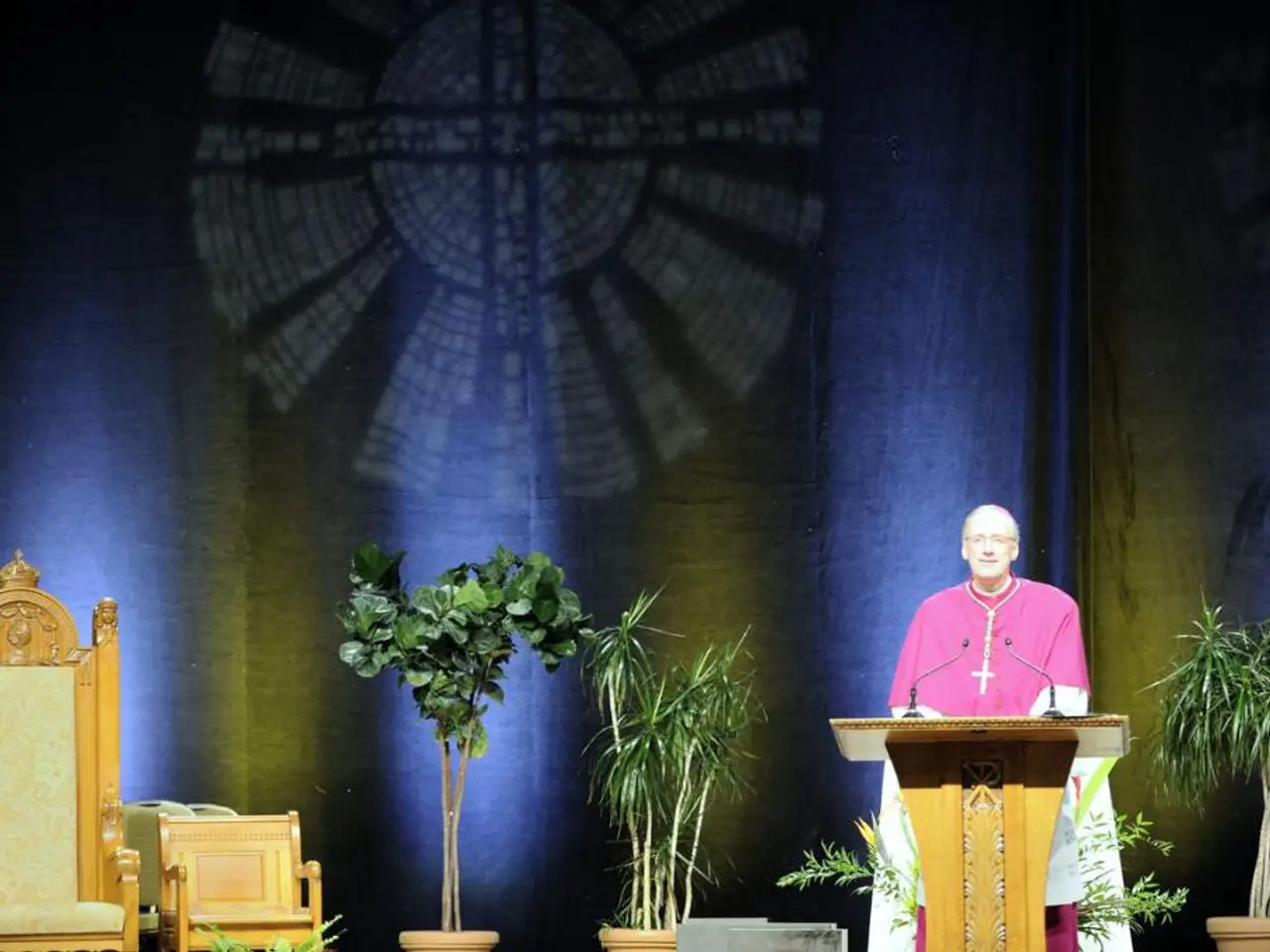Modern Thriller Novels' Shift: An Examination of "The Girl with the Dragon Tattoo's" Influence
In the world of literary masterpieces, few have captivated audiences quite like Stieg Larsson's "The Girl with the Dragon Tattoo." Originally published in 2005, the novel has since become a worldwide phenomenon, inspiring movies, TV shows, and even new books by other authors.
Set in Sweden, the story follows journalist Mikael Blomkvist and hacker Lisbeth Salander, two unlikely allies drawn together to unravel a complex mystery. The narrative delves deep into the darker aspects of Swedish society, exposing corruption and the untouchable elite.
Lisbeth Salander, a brilliant hacker with a photographic memory and a troubled past, embodies themes of identity and alienation. Her background and experiences reflect societal neglect and betrayal, making her a complex and intriguing figure. She has also become a symbol of resistance, critiquing societal structures that allow violence against women to persist.
The story uncovers secrets long buried, showing the depth of the crime and exposing key suspects, including the Vanger family. With their unique roles, the Vangers add complexity to the mystery, as their investigation reveals corruption, family drama, and violence in Sweden's elite society.
Themes of trust and betrayal are deeply intertwined throughout the story. Lisbeth's past experiences shape her distrustful nature, while the unfolding mystery tests the bonds of trust between characters. The novel also questions the ethics of journalism, as journalism plays a key role in uncovering hidden crimes.
"The Girl with the Dragon Tattoo" is a crime novel that combines mystery, thriller, and social commentary, making it a gripping and thought-provoking read. The story exposes widespread violence against women and critiques institutions for failing to support survivors properly.
The Swedish film version of the novel, directed by Niels Arden Oplev and starring Noomi Rapace as Lisbeth Salander, was released in 2009. It is darker and more faithful to the book's atmosphere. The American adaptation, directed by David Fincher and starring Rooney Mara as Lisbeth Salander, was released in 2011 and presents a cleaner, more polished look. Character backstories are more deeply explored in the Swedish version, while the American adaptation simplifies some plot points.
Stieg Larsson, a Swedish journalist and writer, wrote the Millennium series, which consists of three novels: "The Girl with the Dragon Tattoo," "The Girl Who Played with Fire," and "The Girl Who Kicked the Hornets' Nest." The series explores themes such as abuse, trust, power, and gender violence, making it a powerful commentary on contemporary society.
In conclusion, "The Girl with the Dragon Tattoo" is a captivating story that explores themes of justice, power, and identity, while challenging societal norms and exposing corruption in high places. It remains a compelling read for audiences seeking a gripping mystery with a strong social message.
- The tattoo on Lisbeth Salander's body, a dragon, is not just a symbol of her strength but also a particular design that has inspired various artworks, merchandise, and even temporary tattoos in the interior design and lifestyle sectors.
- The book's success has led to numerous adaptations across different platforms, with the crime and justice sector delving into the intricacies of the story, providing general-news outlets with captivating entertainment content.
- Beyond the thrilling mystery and the complex characters, "The Girl with the Dragon Tattoo" serves as a platform for discourse on various human rights issues, especially those concerning women, with books on feminism and gender violence drawing inspiration from the narrative.
- Fans of the series have taken the themes of power and identity to another level, getting writing tattoos inspired by the characters or the book's iconic quotes, embodying the sentiment of resistance and critical thinking in their everyday lifestyle.
- Despite the mainstream popularity of the Millennium series, some argue that the books delve into taboo subjects, sparking debates on the ethical boundaries of art and journalism.
- As sports often provide a refreshing contrast to the darkness of crime novels, it's interesting to ponder how Lisbeth Salander, with her tenacious spirit and unyielding pursuit of justice, would fare in a different realm, perhaps as an athlete challenging societal norms on the field.







